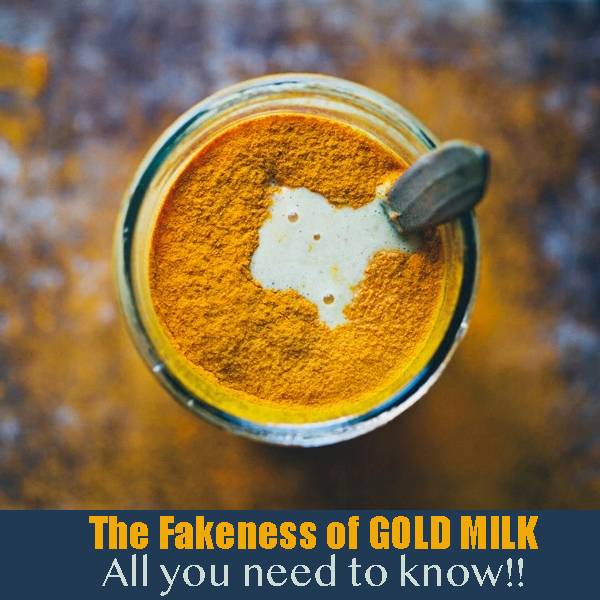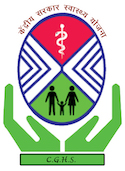Herbal Treatment of PCOD
Polycystic ovary syndrome (PCOS) or well-known as PCOD (Polycystic ovarian disease) is one of the most common female endocrine disorders affecting approximately 5%-10% of women of reproductive age (12–45 years old) and is thought to be one of the leading causes of female sub-fertility.
The principal features are obesity, anovulation (resulting in irregular menstruation) or amenorrhea, acne, and excessive amounts or effects of androgenic (masculine) hormones. The symptoms and severity of the syndrome vary greatly among women. While the causes are unknown, insulin resistance, diabetes, and obesity are all strongly correlated with PCOS.
Common symptoms of PCOD include
- Hirsutism: Increased hair growth in strange places (chest, face, back, lower abdomen, fingers, toes).
- Hair loss: Hair loss similar to male pattern baldness.
- Infertility: Difficulty in conceiving or becoming pregnant. Usually a result of irregular periods, or not ovulating each month.
- Infrequent or absent periods
- Anovulation or oligovulation: Not ovulating, or releasing a mature egg from the ovary each month. Without ovulation, periods may be irregular or absent.
- Ovarian cysts
- Obesity
- Acne
- Acanthosis nigricans: Patches of dark, thickened, velvety skin behind the neck, on the thighs, or on the vulva.
- Insulin resistance: The body does not respond as well to insulin, the primary hormone which helps the body use and deal with glucose or sugar. This causes elevated blood glucose levels and is a major risk factor for Type 2 Diabetes.
- Type2 Diabetes: When glucose levels are persistently high, complications develop. These include problems with eye sight, kidney disease, and neuropathy, which is a loss of feeling and circulation in the body limbs.
- High cholesterol Levels
- Dryness of the Skin
- Blood Pressure on a Higher Side
- Sleep apnea or snoring
These are the signs and symptoms of the PCOD but on the other hand some of these are also considered as cause of the PCOD. These are Obesity and Diabetes Mellitus specifically.
PCOD in Ayurveda:
This condition is considered as a part of the problems with the Aartava (the menstrual cycle). According to Ayurveda- the main factor in the management of the Aartava- the menstrual cycle is the Vata Dosha primarily and other two- Kapha and Pitta are secondary in this case. So when it comes to the condition like PCOD in Ayurveda- the condition will be two fold mostly- PCOD with Kapha signs and PCOD with Pitta aggravation. Because the nature of the Vata is to control these movements and cycles of menstruation so there will be loss of the activities of the Vata! Because when we say aggravation of a Dosha we directly say that the other two Doshas are on a lesser side in terms of activities- controlled by the Dosha. Doshas always increase and decrease – relatively with each other never alone.
According to Ayurvedic theories about PCOD when there will be an involvement of the Kapha Dosha there will be weight gain, high blood sugars, cold hands, cold feet, hairiness, and infertility.
In a symptom pattern Ayurveda calls Pitta there may be menstrual cramps, high blood pressure, heart problems, skin problems from above list will also be on a higher side in these patients- having increased Pitta Dosha.
So when it comes to select some herbs for the Herbal Treatment of the PCOD– we need to select the herbs accordingly. All kind of Ayurvedic principles of treatment are same and work similar for the different conditions. So when we think about the Ayurvedic Treatment of the PCOD we need to concentrate on these principles always. Here the principle of the Six tastes and their role in pacification of the different Doshas should be applied. Here is the table for these tastes-
So if we calculate the best equation from the above table comes out that we should go for Kashaya (Astringent), Tikta (Pungent) and Katu (Bitter) tastes.
If we talk about hot and cold nature of the herbs- most of the activities of the feminism are related with the “hot” factor of the nature, because feminism itself is related with the hot. So these herbs should be hot in nature. This is the principle for treating all these conditions.
The main herbs for the Ayurvedic Treatment of the PCOD are here as follows:
- Ashoka (Saraca Indica) this is a herb which is told to cure all type of problems of the female genital symptoms.
- Vacha (Acorus calamus) this is the best herb to open all the channels of the body as well as to scrap the unwanted materials from the body. This makes Vacha a drug of choice for Treatment of PCOD in Ayurveda.
- Saptachakra: This again is a drug of choice for lowering the blood sugar or better to say Kapha in Ayurvedic terminology.
So these are few herbs which are best to treat the conditions of the PCOD in Ayurveda. These herbs should be used and selected cautiously under the supervision of well trained Vaidya only. Beside these herbs Diet and Lifestyle will also play an important role in the management of the PCOD and other hormonal disorders so you should be aware about the Diet and Lifestyle in case of PCOD. The article- Diet Controlling Your Hormones will lead you to the proper information about the relation of the diet and the hormones.














